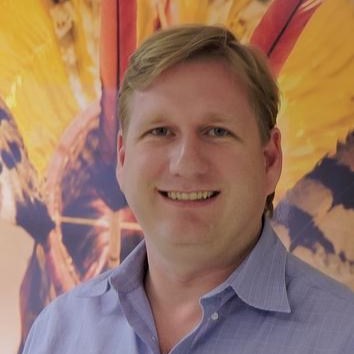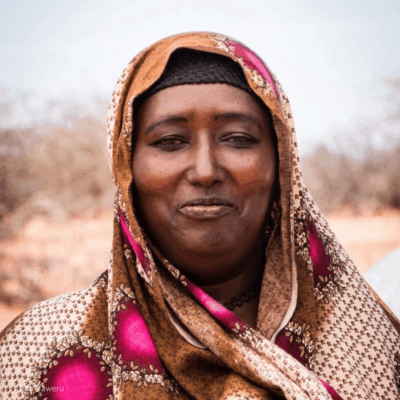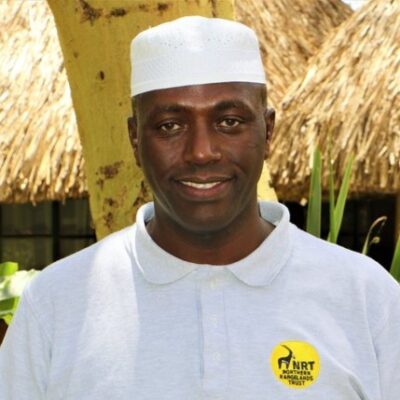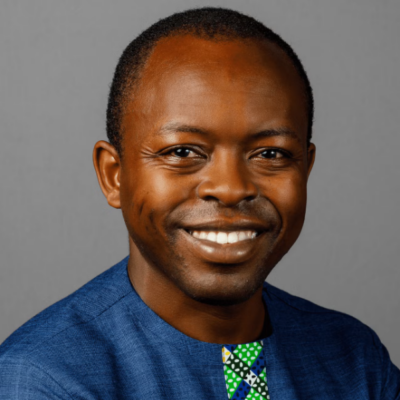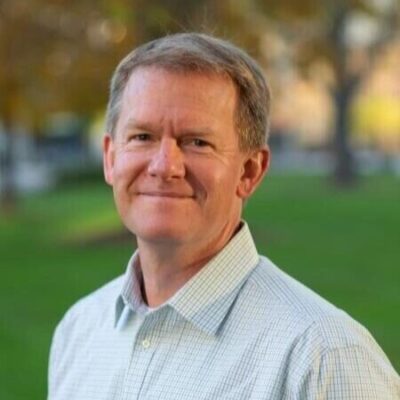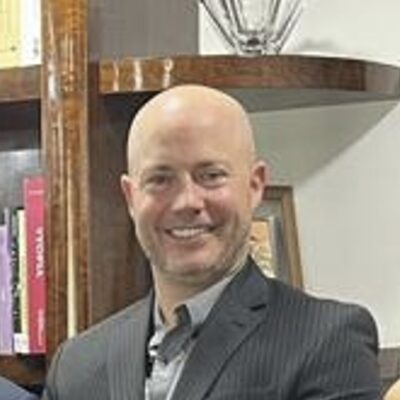Listeners:
Top listeners:
-
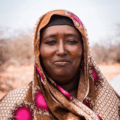 play_arrow
play_arrow
118 | Kenyan Herders Say Judgement Against Them Based on Forged Signatures / Continuation of Episode 117
-
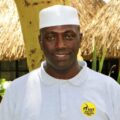 play_arrow
play_arrow
117 | Surviving Survival Internatinal, Part 1: Kenyan Elders Call Foul on International Media, NGOs
-
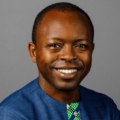 play_arrow
play_arrow
116 | From Ticking Time Bomb to Demographic Dividend: James Mwangi and Kenya's Great Carbon Valley
-
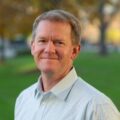 play_arrow
play_arrow
115 | Unpacking Donald Trump's Very Weird Environmental Orders
-
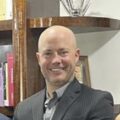 play_arrow
play_arrow
114 | Michael Greene: Carbon Cowboy or Lone Ranger? Part 1
-
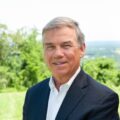 play_arrow
play_arrow
113 | The Future of Environmental Finance: Strategies for Biodiversity and Climate Solutions, with David Hill and George Kelly
-
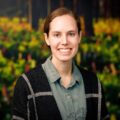 play_arrow
play_arrow
112 | Fantasy Football and Dynamic Baselines: New Tools for Impact Assessment
-
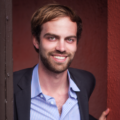 play_arrow
play_arrow
111 | The False Dichotomy Between Reductions and Removals (Rerun)
-
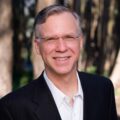 play_arrow
play_arrow
110| Ecological Economics, Systems Thinking, and the Limits to Growth
-
 play_arrow
play_arrow
109 | How Brazil's Quilombola Communities are Planting the Seeds of Sustainability for Small Farms Around the World, with Vasco van Roosmalen of ReSeed
Transcript
Support Bionic Planet: https://www.patreon.com/bionicplanet
In episode 109 of Bionic Planet, we learn how the Quilombola people of Brazil are blending the IPCC Livelihood Vulnerability Index Assessment with soil carbon methodologies developed under the Verified Carbon Standard (VCS) to save themselves and their soil from urban expansion and agricultural encroachment.
We begin with Sandra Pereira Braga, a descendant of enslaved peoples who has been farming on her family’s land for almost 300 years. Sandra’s story highlights the importance of recognizing and valuing the traditional practices and accumulated carbon stocks of these communities.
Our main guest is Vasco van Roosmalen, CEO of ReSeed, a startup focused on helping smallholder farmers access climate financing. Vasco discusses the innovative approach taken by ReSeed to support vulnerable farmers who are already practicing regenerative agriculture. By adapting methodologies like VM42 for soil carbon and utilizing the IPCC vulnerability assessments, ReSeed is helping farmers access the funding they need to maintain their existing carbon stocks and continue their sustainable practices.
We also delve back into the challenges of land tenure in Brazil, discussing the complexities of land titles and the implications for carbon projects. The recent Operation Greenwashing by Brazilian authorities targeting projects with fake land titles underscores the importance of ensuring legal ownership and sustainable management practices.
Overall, the episode sheds light on the critical role of smallholder farmers in climate action and the need for innovative approaches to support these communities in preserving their lands and traditional practices. Through initiatives like ReSeed, there is hope for empowering farmers to mitigate climate change and protect their livelihoods for future generations.
Timestamps
- 00:00:00 – Introduction to Regenerative Agriculture in Brazil
- 00:05:30 – Importance of Carbon Finance for Smallholder Farmers
- 00:10:00 – Challenges Faced by Quilombola Communities
- 00:15:00 – Role of Carbon Markets in Agriculture
- 00:20:00 – Methodologies for Assessing Vulnerability and Carbon Stocks
- 00:25:30 – Discussion on VM42 Soil Carbon Methodology
- 00:30:00 – Land Tenure Issues in Brazil
- 00:35:00 – Operation Greenwashing and Land Title Fraud
- 00:40:00 – Challenges of Land Titling and Timber Management
- 00:45:00 – Overlap of Illegal Land Titles and Carbon Projects
Quotes
- “My people have been on this land for 276 years.” – 00:00:38-00:00:50
- “Today’s guest, Vasco van Roosmalen, is the CEO of a startup called ReSeed.” – 00:02:58-00:03:08
- “We know that the enemy is carbon, and we know its ugly face, we should put a big fat price on it, and of course, add to that, drop the subsidies.” – 00:05:52-00:06:04
- “Man may be unwittingly changing the world’s climate through the waste products of his civilization.” – 00:05:52-00:06:04
- “We need to recognize what they have been doing for 300 years, the accumulating of that biomass in that soil and the protection of the agroforest that they have on their land.” – 00:28:39-00:28:50
- “It’s a way to quantify actions that need to be taken to help that economic sector move from those high emissions to low emissions.” – 00:14:56-00:15:06
- “Smallholder farmers are among the most vulnerable to climate change. They’re the front lines of climate change.” – 00:16:10-00:16:21
- “We need to really look at their ability to adapt.” – 00:33:14-00:33:25
- “It’s a step process. First illegal land titles, then sustainable management, timber plans that weren’t followed.” – 00:45:10-00:45:21
- “But it was all built on the very beginning of those illegal land titles.” – 00:46:14-00:46:24
Episodes
117 | Surviving Survival Internatinal, Part 1: Kenyan Elders Call Foul on International Media, NGOs
April 13, 2025
116 | From Ticking Time Bomb to Demographic Dividend: James Mwangi and Kenya’s Great Carbon Valley
February 25, 2025
115 | Unpacking Donald Trump’s Very Weird Environmental Orders
January 27, 2025
114 | Michael Greene: Carbon Cowboy or Lone Ranger? Part 1
December 6, 2024

